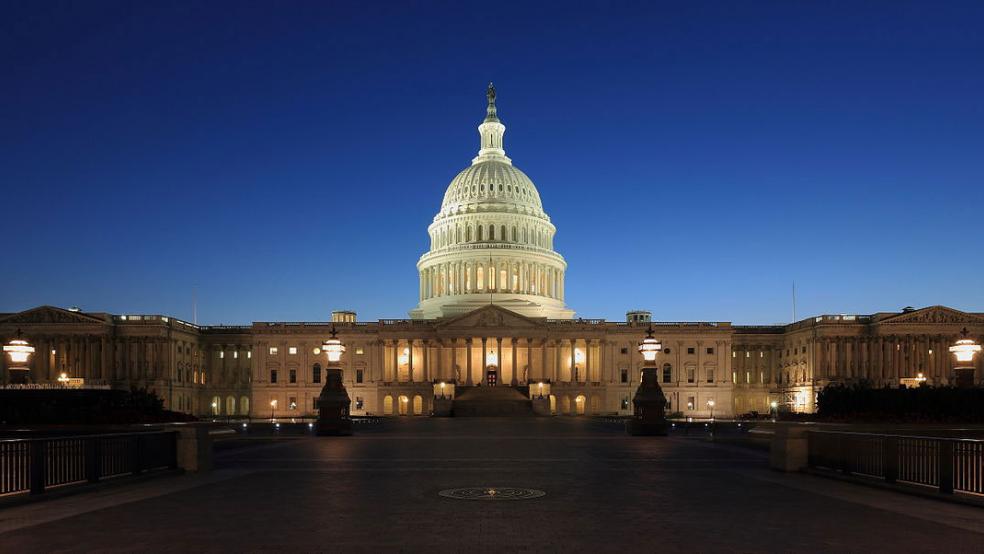The national debt is rapidly running higher as Congress spends trillions on coronavirus relief efforts, but James Clark, the deputy assistant secretary for federal finance in the Treasury Department during the Obama administration, says there are more serious issues than the cost of servicing what is now $26.5 trillion worth of U.S. debt.
Writing at Bloomberg Monday, Clark says that the most pressing issue for the debt is more political than financial. In his experience managing the nation’s public finances, the major purchasers of Treasury offerings typically have been more concerned about the health of the U.S. political system than the ability of the country to make its payments, since the former defines the latter:
“When my team and I met with the biggest buyers of U.S. debt, our conversations centered on the way in which our government functioned. The cost of servicing the debt and the structure of our portfolio took a back seat to questions about how our government operated. After the debt limit crisis’ of 2013 and 2015, our creditors focused almost exclusively on how we would correct a problematic system that turned fulfilling our financial commitments into a domestic political bargaining chip.”
Clark says that debt investors were also interested in how the U.S. spends its public funds: “Repairing the damage from the 2008 financial crisis, buttressing housing, building infrastructure and expanding access to healthcare were rightly understood by our creditors to pay dividends over the long haul,” Clark says, and confidence in the U.S. spending wisely and competently has a lot to do with the low interest rates the U.S. pays on its debt.
While this interest in the politics underpinning of debt issuance has worked in the U.S.’s favor over the last few decades, current political conditions are making some observers worry about what comes next:
“Creditors’ confidence in the U.S. government is being tested on an almost daily basis. President Donald Trump’s tax cuts were supposed to “pay for themselves” and help the middle class, but cost $1.9 trillion and contributed to greater income inequality. Although a few cases of fraud have been uncovered, the full extent of fraud and misuse of funds within the Paycheck Protection Program is unknown, as the vast majority of the recipient names have not been released.”
Clark warns that the corrosive political polarization the U.S. is experiencing, along with the degradation of public services, is likely a greater threat to the country’s standing than the growing debt: “Rebuilding confidence in our democratic institutions and transparently demonstrating that any stimulus package is used productively is the best way to ensure the sustainability of our national debt, no matter its size.”
Read Clark’s full op-ed here.




